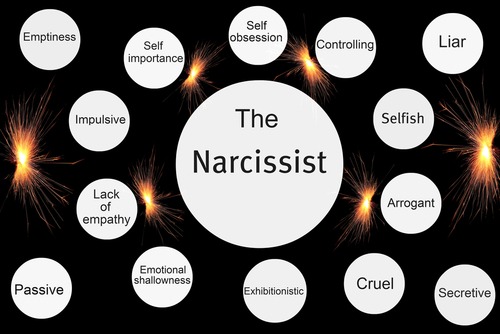Having a relationship with a narcissist can leave you feeling confused and can cause you to question your own identity. Narcissists can be incredibly charming, attractive and manipulative, but they can also be emotionally draining, stifling and emotionally abusive. While it may be easy to be drawn in by their charisma, it’s important to recognize how a relationship with a narcissist can change you, mentally and emotionally. This article will explore the ways in which narcissists can affect your life, the signs that you may be dating a narcissist, and how to cope with the emotional repercussions of a narcissistic relationship.
Recognizing the Signs of Narcissism in a Partner
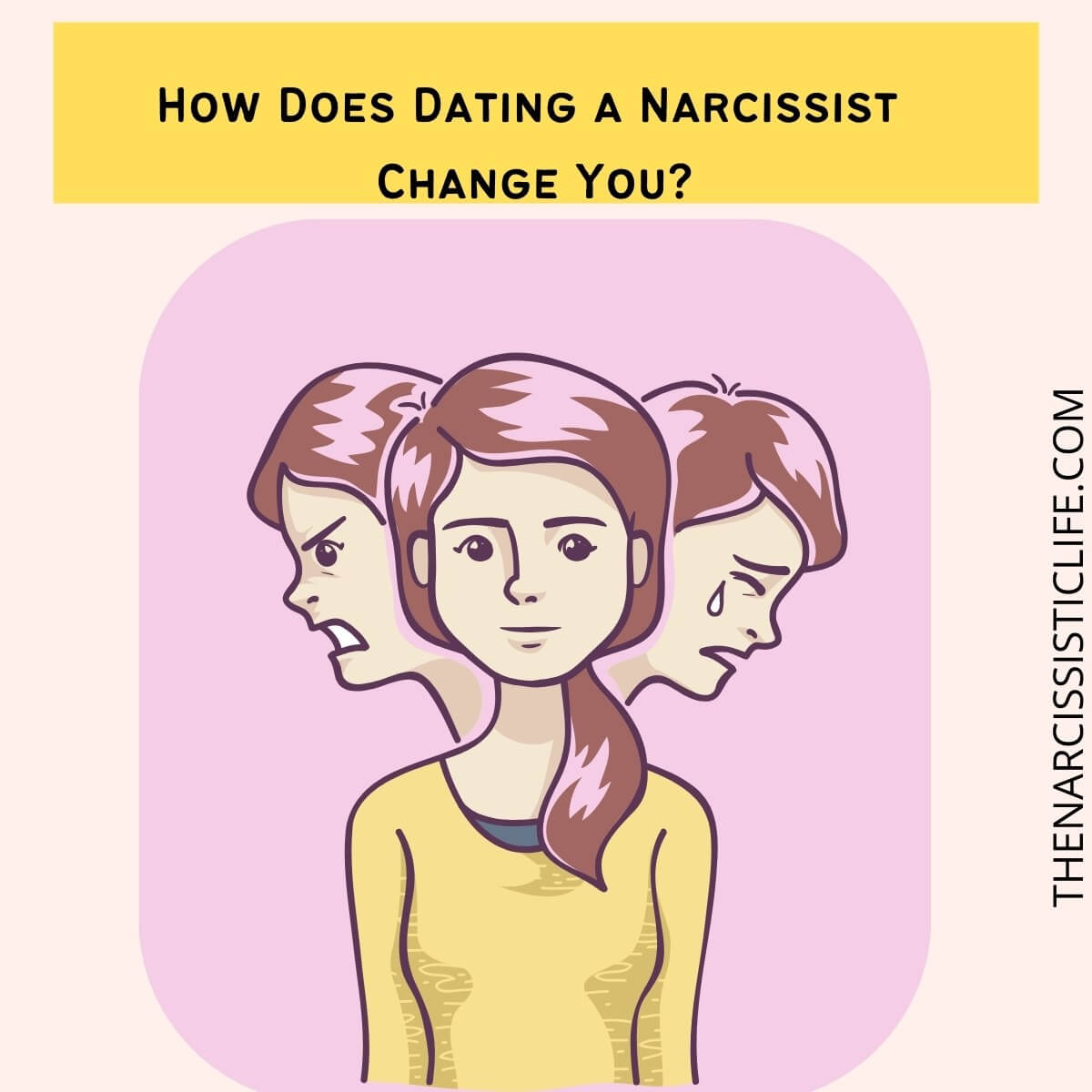
If you’re looking for signs of narcissism in your partner, it can be hard to know where to start. One of the most common traits of narcissism is an inflated sense of self, which can manifest itself in a number of ways. Your partner may constantly talk about themselves, to the point where it’s uncomfortable for you to get a word in edgewise. They may be overly confident, presenting themselves as an expert in every topic, or they may be demanding and expect you to cater to their every need. They may also be overly sensitive to criticism and have a hard time understanding other people’s feelings. If you notice any of these traits in your partner, it may be a sign that they have narcissistic tendencies.
Impact on Self-Esteem and Self-Confidence
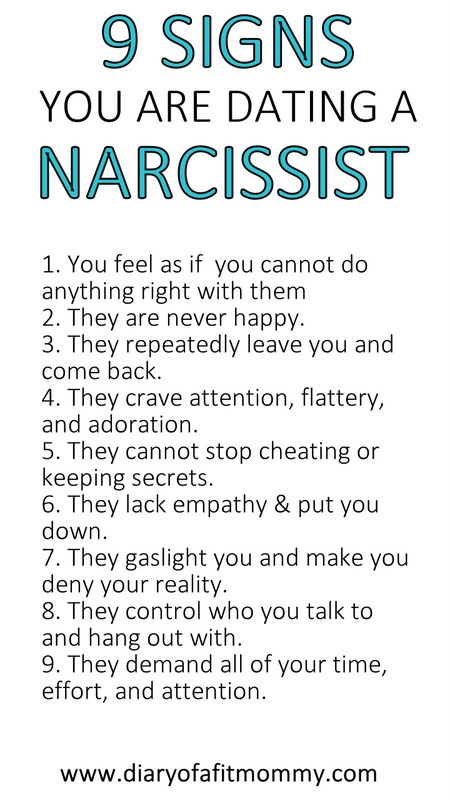
Dating a narcissist can have a huge impact on your self-esteem and self-confidence. It can be incredibly draining to constantly be put down and made to feel like nothing you do will ever be good enough. It can start to make you question your own worth and it can be hard to shake off these feelings. After all, if the person you’re dating is constantly telling you that you’re not good enough, it can be hard to not believe it. It can also be hard to build back your confidence after dealing with a narcissist, as it can be hard to trust the opinion of others or even yourself. It can take a long time to rebuild your self-esteem and self-confidence after being in a relationship with a narcissist, but it’s possible to do so. With the right support and help, you can slowly start to build yourself back up and learn to trust yourself and your own judgement again.
The Toll of Gaslighting and Emotional Abuse
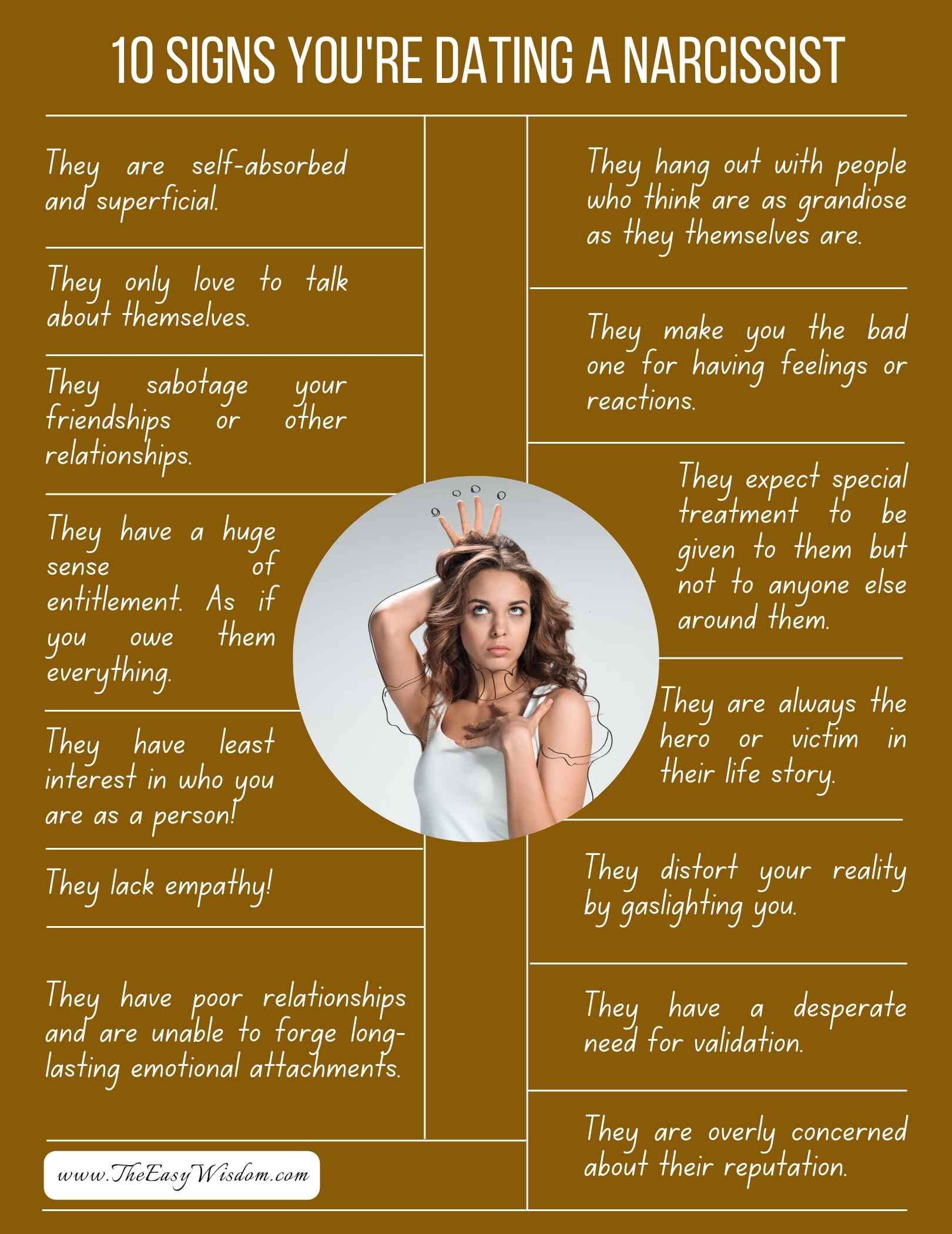
Dating a narcissist can really take a toll on your mental and emotional health. Gaslighting and emotional abuse are the most common forms of manipulation used by narcissistic partners. Gaslighting involves making you question your own reality, often leading to self-doubt and confusion. Emotional abuse is characterized by a pattern of controlling behavior, such as belittling and name-calling, which can lead to feelings of worthlessness and low self-esteem. It can be difficult to recognize the signs of gaslighting and emotional abuse, especially in the early stages of a relationship with a narcissist. However, it is important to be aware of the signs and seek help if necessary. It can be hard to break free from these toxic relationships, but with the right support, you can take the steps to reclaim your power and rebuild your self-esteem.
Ways to Reclaim Your Identity and Self-Worth
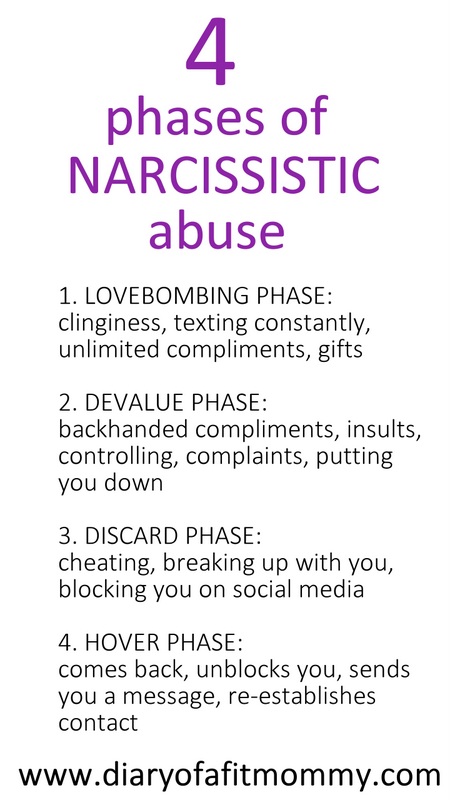
If you’ve been in a relationship with a narcissist, it can be hard to reclaim your identity and self-worth. But it’s not impossible. One of the best ways to start reclaiming your identity is by setting boundaries for yourself. That’s because it’s easy for narcissists to take advantage of people, so it’s important to set boundaries for yourself to protect you from manipulation and control. Additionally, it’s important to focus on things that make you feel good. Whether that’s hanging out with friends, doing something creative, or going on a walk, these activities can help you rebuild your self-worth and reconnect with who you are. Lastly, it’s important to remember that you are not defined by the relationship you were in with a narcissist. You’re a unique individual with your own strengths and weaknesses, and that’s something to embrace. By focusing on yourself and engaging in activities that make you feel good, you can start to reclaim your identity and self-worth.
Taking Steps Towards Self-Care and Recovery
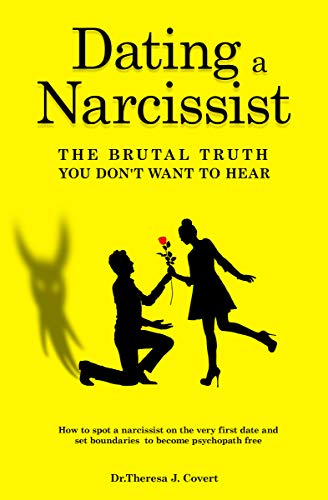
When it comes to taking steps towards self-care and recovery after dating a narcissist, it’s important to remember that no two people’s healing journeys are the same. That said, there are some common strategies and suggestions that can be helpful for many people in the process. One of the first steps to take is to focus on yourself and prioritize self-care activities. Spend time doing things that make you feel good and that you can enjoy. This could include anything from yoga and meditation to painting, reading, and listening to music. Additionally, it can be helpful to practice self-compassion and recognize that you don’t have to be perfect. Lastly, it’s important to find a supportive group of people to help you through the healing process. Whether it’s friends, family members, or therapists, having a support system in place can make a huge difference.

